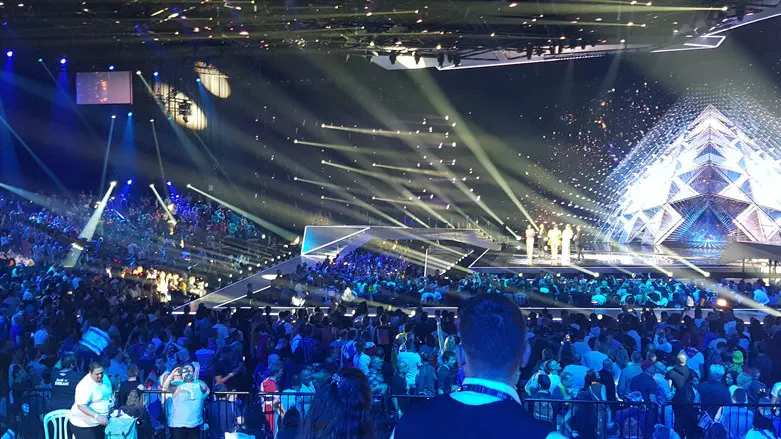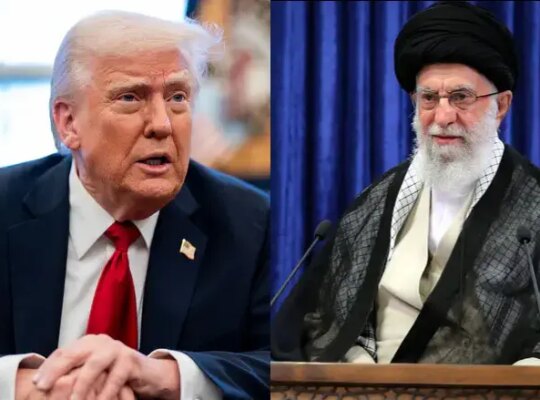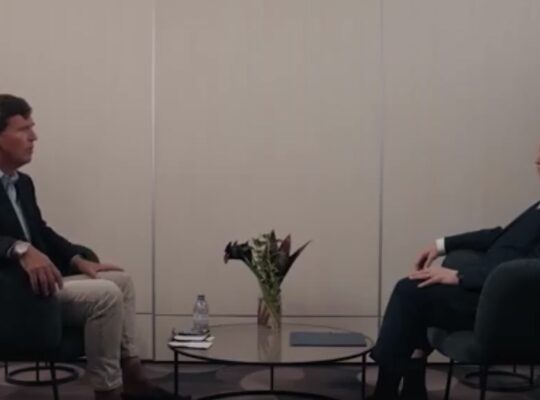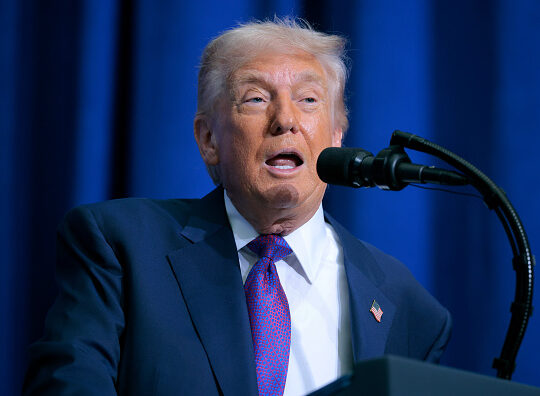
Two European public broadcasters have confirmed they will boycott the Eurovision Song Contest 2026 should Israel be a participant, the BBC reported.
The Dutch public broadcaster, Avrotros, on Friday joined its Irish counterpart, RTÉ, in threatening to withdraw from the competition, citing alleged human rights violations and a “serious erosion of press freedom.”
The decision by Avrotros follows a similar announcement by RTÉ, which stated it would not take part “given the ongoing and appalling loss of lives in Gaza.” Avrotros’s statement mirrored this sentiment, declaring it could no longer justify Israel’s inclusion “given the ongoing and severe human suffering in Gaza” and the “serious erosion of press freedom.”
The Dutch broadcaster’s statement went on to claim, “Human suffering, the suppression of press freedom and political interference are at odds with the values of public broadcasting.” It also cited Israel’s alleged ban on international media from entering Gaza and the “many casualties among journalists” in the area.
Calls to exclude Israel from Eurovision intensified in recent months, following the war in Gaza triggered by Hamas’s October 7 massacre against Israel.
In July, a closed-door meeting of the European Broadcasting Union (EBU) at the BBC headquarters in London concluded without a vote on Israel’s participation in the Eurovision Song Contest, despite mounting calls for its expulsion.
The debate, which lasted roughly 90 minutes, saw Iceland and Slovenia take leading roles in pushing for Israel’s removal, with some delegates exhibiting outright hostility. Austria, Germany and Switzerland were the only nations to publicly back Israel. The BBC unexpectedly intervened to halt a vote, instead advocating for further dialogue.
In April, shortly before the 2025 contest in Basel, formal requests to ban Israel were submitted by several countries, including Iceland and Spain.
The calls grew after Israel’s entry, “New Day Will Rise” performed by Yuval Raphael, came in second behind the Austrian winner, though Israel only received 60 points from the juries. The remaining 297 points came from the public, which overwhelmingly favored Israel’s entry over any other country.
Those results led broadcasters from Spain, Iceland, Belgium, Finland, and Ireland, to either request audits of their national televoting results or question the current methodology.
The Austrian winner of this year’s contest, JJ, called for Israel to be suspended from Eurovision, though he later walked back those comments.
(Israel National News’ North American desk is keeping you updated until the start of Shabbat in New York. The time posted automatically on all Israel National News articles, however, is Israeli time.)
Source link












